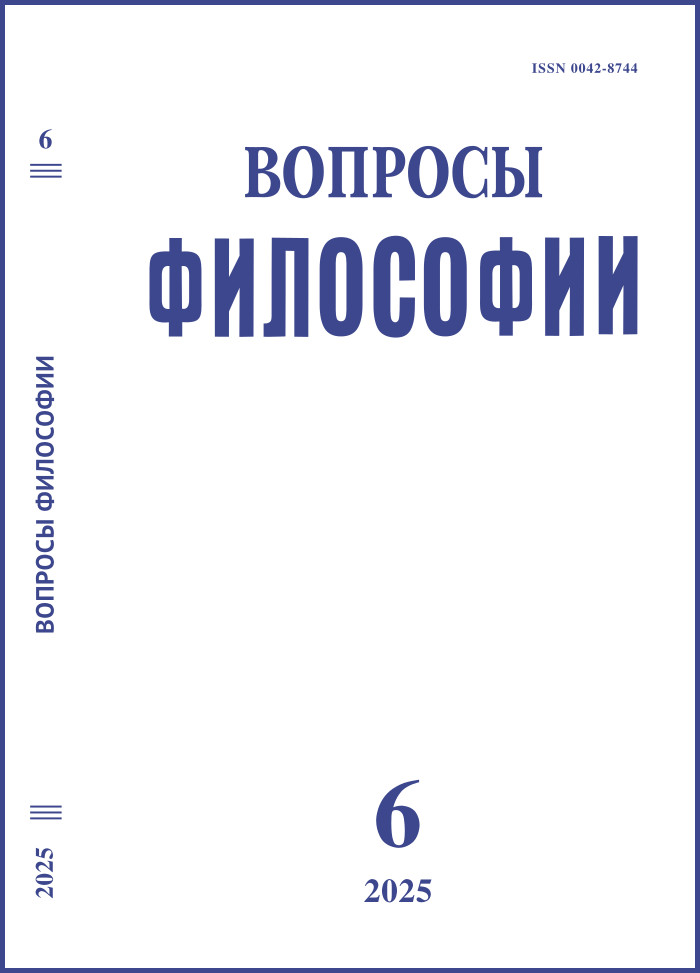Приложения теории социальных эстафет: математика и государственное управление
DOI:
https://doi.org/10.21146/0042-8744-2025-6-87-93Ключевые слова:
приложения философии науки, социальные эстафеты, социальная рефлексивная деятельность, административные процедуры, парадигмы публичного управления, математические доказательства, аксиоматический метод, М.А. РозовАннотация
Теория социальных эстафет обладает значительным прикладным потенциалом, позволяет объяснить реалии научного познания и социальной практики, ответить на вопросы, почему познание и социальная практика происходят так, а не иначе, представить предметы наук, а также предлагает перспективные исследовательские задачи, побуждающие к новым исследованиям. В статье приводятся примеры того, как теория социальных эстафет решает проблемы, относящиеся к области истории и философии математического познания, а также к теоретическим основаниям государственного (публичного) управления. Применительно к математике рассматривается проблема распространения формальных доказательств в областях математики, не относящихся к ее основаниям, и показывается, что это распространение вызвано воспроизводством социальной эстафеты доказательств с использованием формальных логико-математических систем, существующей параллельно с социальной эстафетой содержательных доказательств. Таким же образом параллелизм геометрических и алгебраических доказательств теорем о свойствах геометрических объектов в XIX столетии объясняется наличием двух одновременно существующих социальных эстафет. Вклад теории социальных эстафет в формирование представлений о предмете и практике государственного (публичного) управления рассмотрен во второй части статьи. Этот вклад, как показано, заключается в осознании эстафетной природы административной деятельности как рефлексивной и кодифицированной (процедурной) и представлении основных теоретических концептов публичного управления как различных типов административной деятельности: вертикально интегрированного, агентского, вовлечения гражданского общества, а также административной деятельности на основе сбора данных, их аналитики и использования этой аналитики для принятия
решений.

